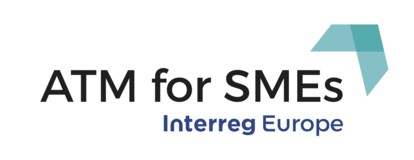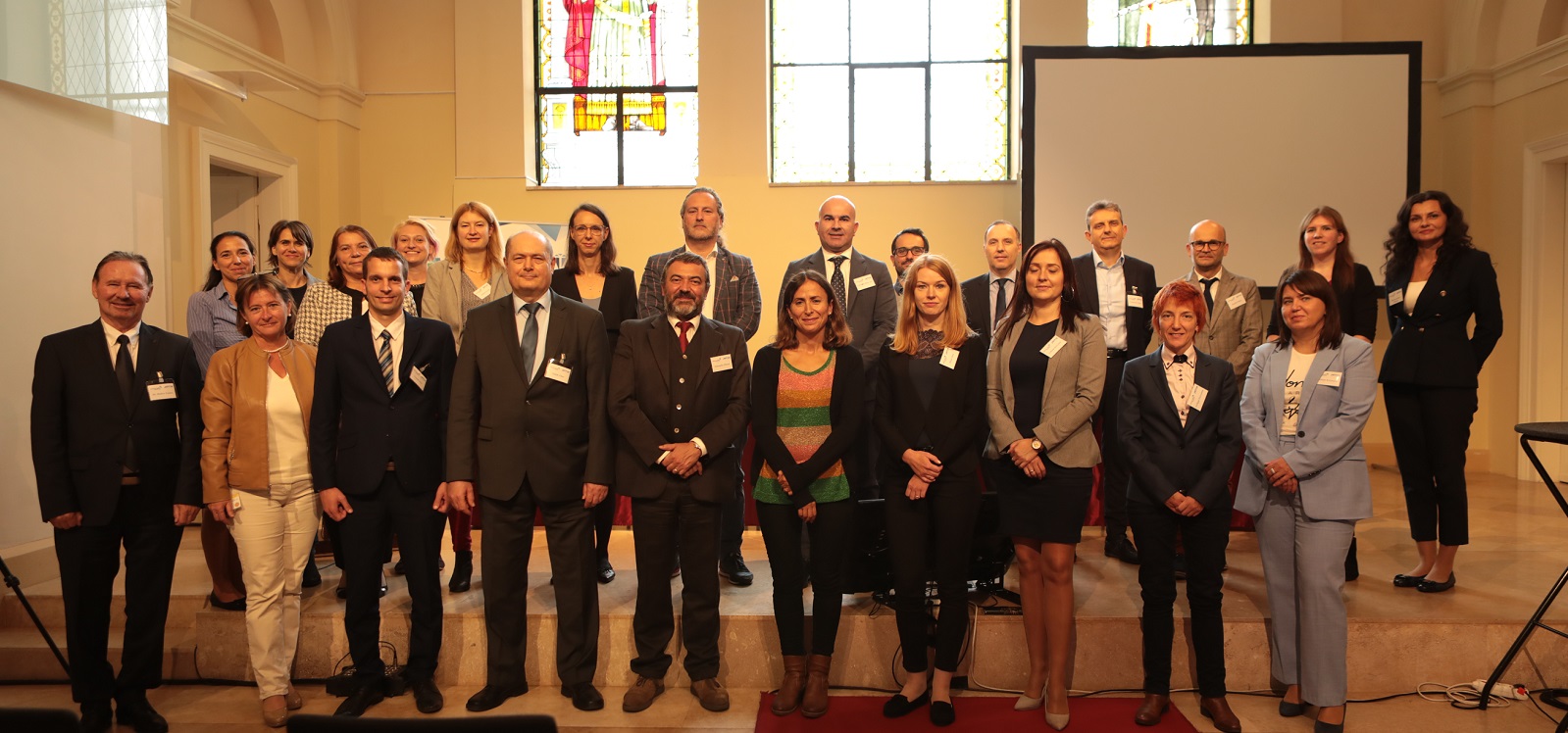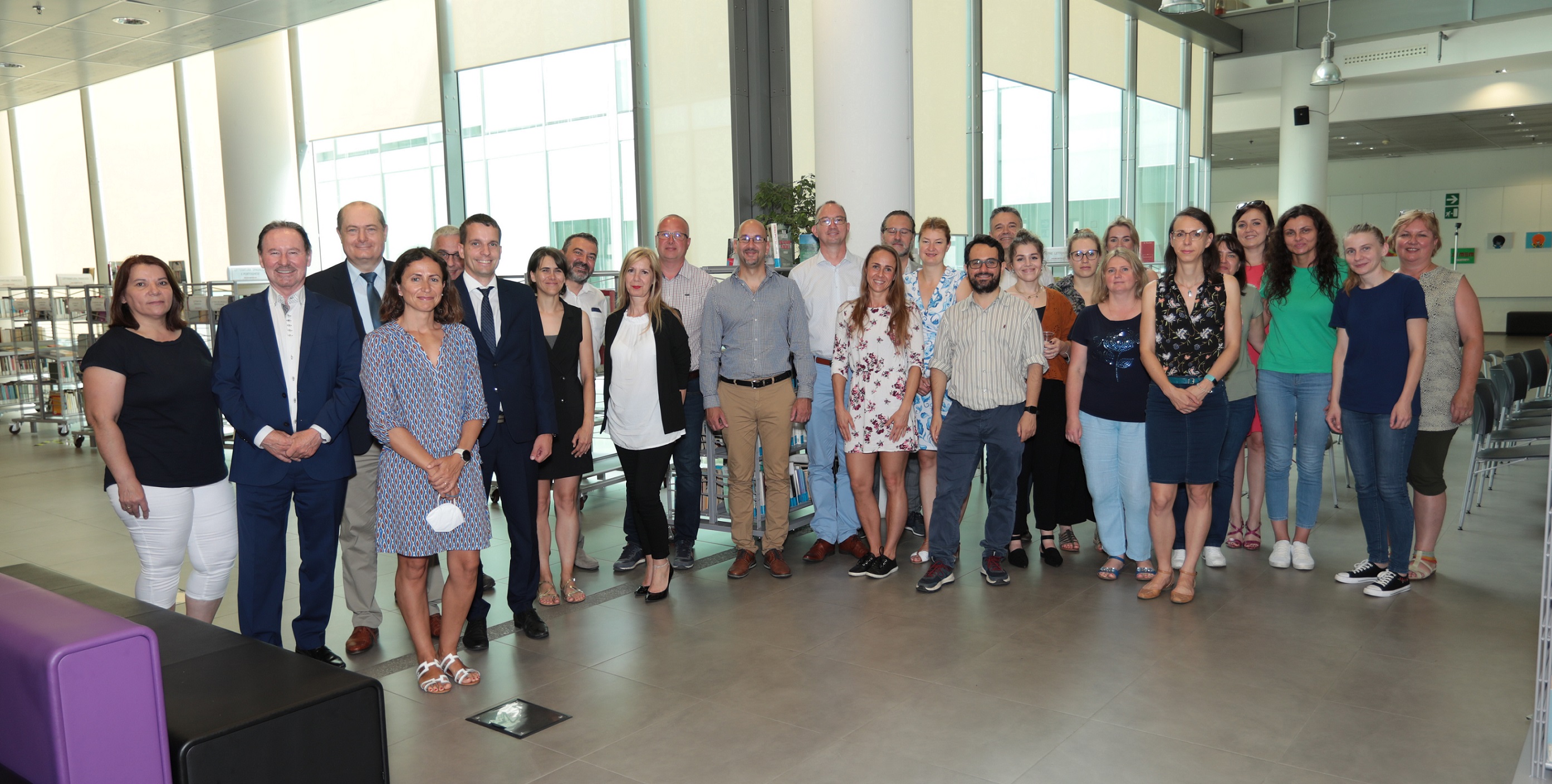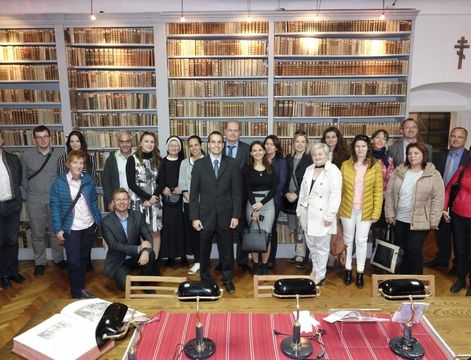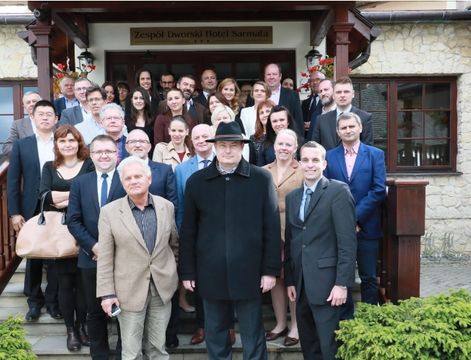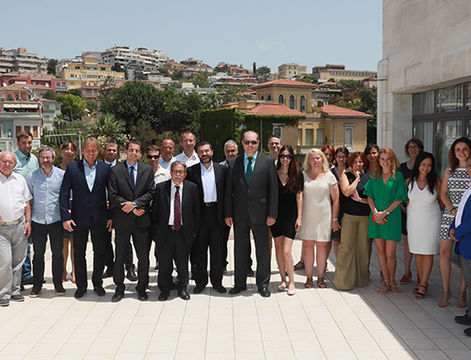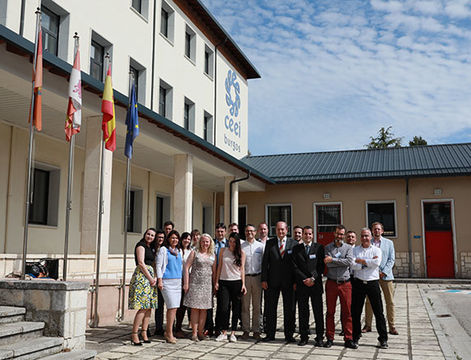Study trip was organized with the aim of presenting some of the Croatian good practices in the area of microfinance, as well as exchanging experience between project partners on the topic „Promotion of local microfinance funds and entrepreneurship initiatives“.
During these three days, a lot of activities were planned, including the meeting of project partners with stakeholders and representatives of entrepreneurial support institutions from Koprivnica Križevci County that was held in PORA. At the meeting there were presented examples of good microfinance practices in Koprivnica Križevci County implemented during the years, and also current measures for self-employment and incentives for entrepreneurship offered by the Croatian Employment Service. All of the project partners presented their good practices on the topic of the study trip as well. Site visits were organized as well, so the participants of the study trip visited two entrepeneurs who started their bussines based on the microfinance measures and are now succesfully operating in Koprivnica.
In order to give a full insight in the entrepeneurial environment in Croatia, especially for micro, small and medium enterprises, PORA organized a visit to the Ministry of Economy, Entrepreneurship and Crafts in Zagreb, where all of the participating project partners had the opportunity to get acquainted with strategic documents related to microfinance policies in Croatia, as well as current national and EU programs, credit lines and financial instruments available to micro, small and medium enterprises for starting or development of the bussiness. The trip continued in the city of Križevci where participants visited the Development Center and Technology Park Križevci and met three different entrepreneurs who started their business using various forms of microfinance.
This study trip was the last in the ATM for SME's project, since the duration of the first phase of the project is till March 31st 2019. All project partners have summarized good practices and experiences gained over the past 30 months, and will devotedly work to apply some of them in their own country or region. By the end of the project implementation phase, each project partner will submit an action plan that will include 8-12 microfinance measures developed based on the good practices and knowledge exchanged during the ATM for SME's project. In the second, monitoring phase of the project, implementation of the measures from the action plan will follow during the next two years. Besides all of the valuable experience gained through this project, it goes without saying the fact that project partners will stay in contact in the future, to work together on the further implementation of microfinance programs in their regions.
